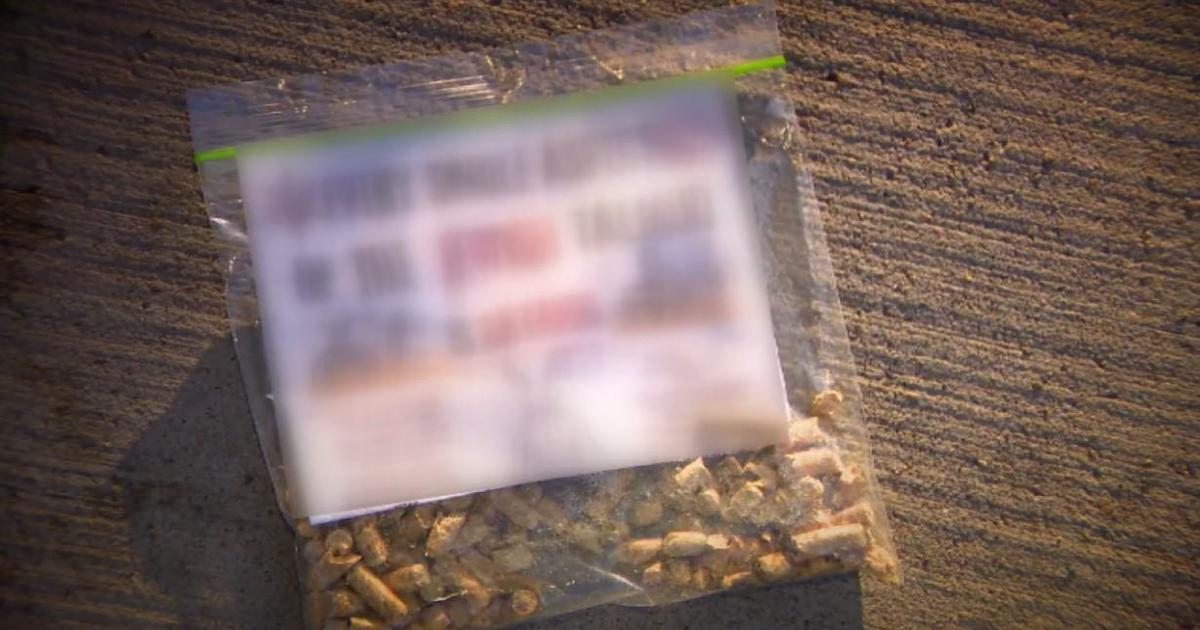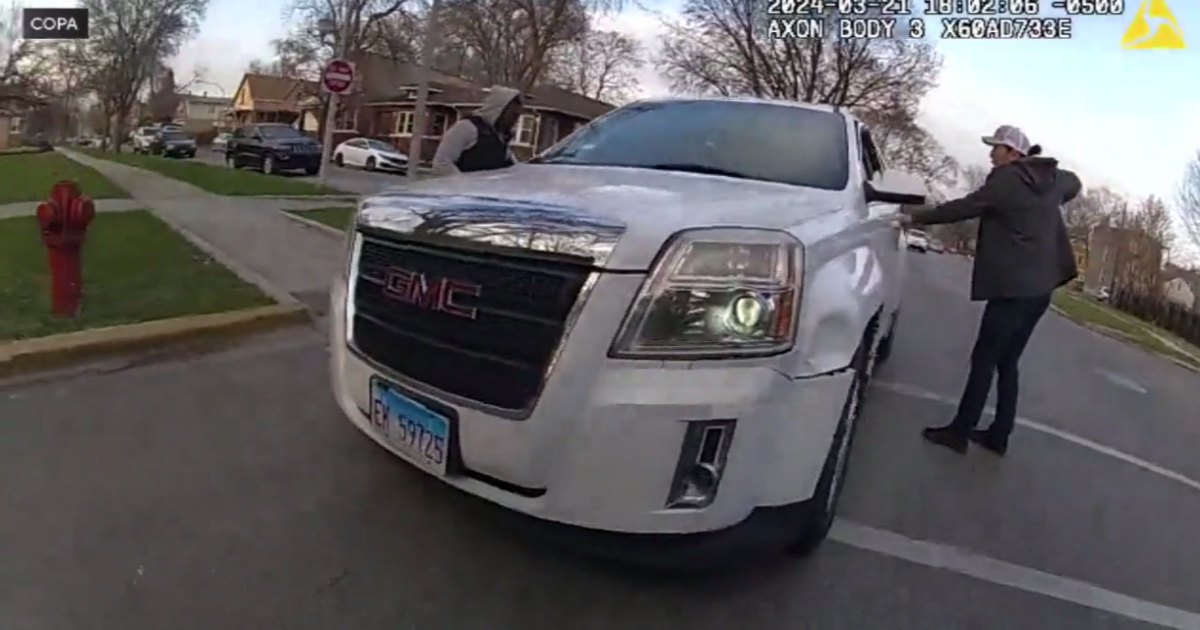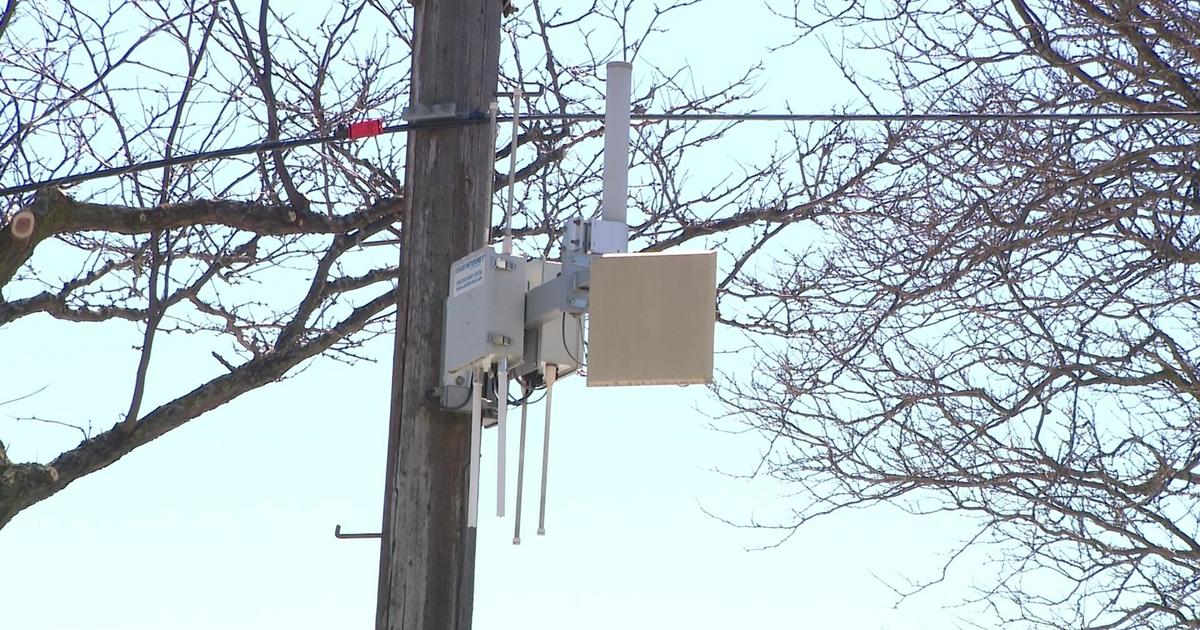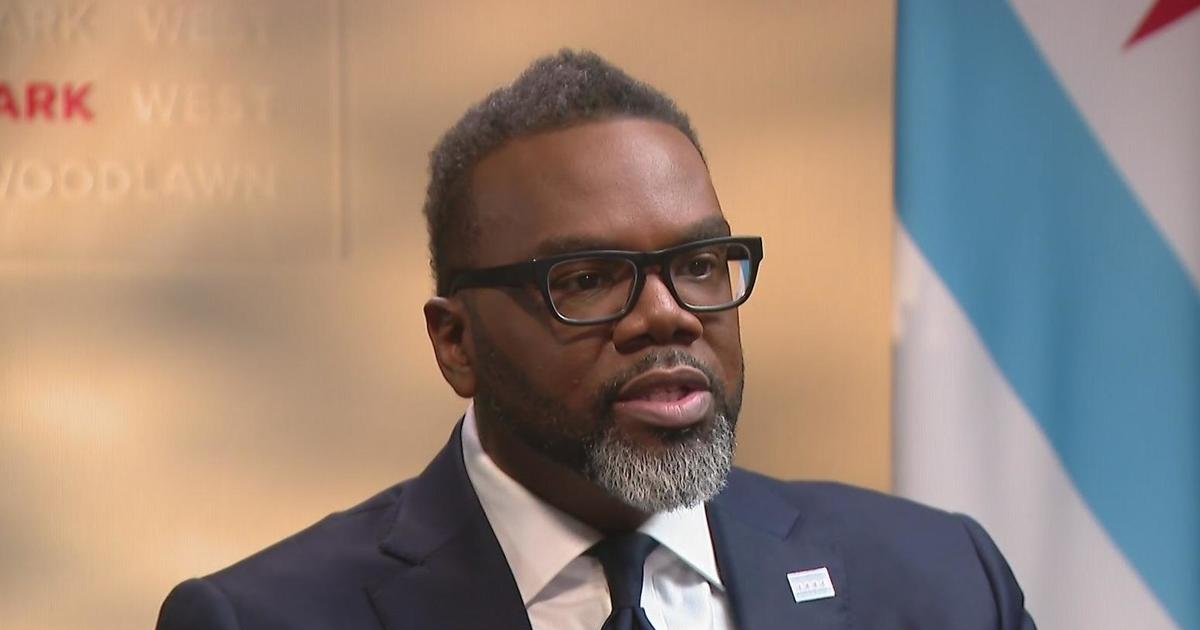Aldermen Urge Passage Of 'Anjanette Young Ordinance' Seeking Sweeping Changes To CPD Search Warrant Procedures; 'We Have An Obligation To Change Policy'
CHICAGO (CBS) -- Five months after a group of five Black alderwomen introduced a proposal for sweeping search warrant reforms for the Chicago Police Department, the measure got its first public hearing on Tuesday.
The ordinance was inspired by the botched police raid of Anjanette Young's home in February 2019, when she was handcuffed naked and terrified by officers who had entered the wrong home.
Ald. Maria Hadden (49th) and other sponsors of the Anjanette Young Ordinance have said the City Council should pass legislation mandating major overhauls to the way CPD executes search warrants, rather than rely solely on changes to department policy.
"We're looking to really, and trying to mandate for some of the least harmful practices. We're requiring in this ordinance CPD to use least harmful and invasive practices when warrants are served. This is something that's good for all of Chicagoans, it's good for the police department, and it's good for the city," Hadden said at a meeting of the City Council Public Safety Committee on Tuesday.
WATCH: 'My Name Is Anjanette Young: A CBS 2 Investigators Special Presentation
The proposed Anjanette Young Ordinance is what some city leaders call nothing short of a full-court press to dismantle systemic racism in the city of Chicago – with a reengineering of what comes before, during, and after every CPD raid.
If passed, it would reform what happens before, during and after moments like the wrong raid on Young's home two years, which was first exposed by CBS 2 Investigator Dave Savini.
"What we all saw happen to Ms. Anjanette Young, we're trying to prevent this from happening again," Hadden said.
The ordinance calls for all raids to include a knock, an announcement, and no less than 30 seconds' wait to break down a door.
It also calls for residential search warrants to be limited between 9 a.m. and 7 p.m. And any informants that provide bad tips can't be used again.
The ordinance further calls for body cameras to roll for the entire raid, and for police to limit raids when children and vulnerable people aren't there - and special plans if they are. If children are present while police are executing a search warrant, officers would be prohibited from handcuffing them, or pointing weapons at them.
Ald. Jeanette Taylor (20th) said it's not good enough for the city to simply provide financial compensation to the victims of wrong raids through legal settlements. She said the City Council also needs to make sure there is substantive change in how police carry out search warrants.
"We spend millions of dollars on wrongful raids, and young people can never get back the feeling of being safe and protected once a gun is pointed at them," she said. "This is our attempt for everybody to hear the stories, because too often those stories are swept up under the rug, but this is also saying families just don't want to be paid, they want to see real policy change."
Stella Park, a researcher and law student at the University of Chicago, argued that changes CPD already has made to its search warrant policies do not go far enough o actually address wrong raids like those on Young's home.
"Chicago has a problem, and one that is well-documented. CPD raids about 1500 homes a year – that's more than four separate families every day – and nearly 3,000 of the Chicago police raids between 2016 and 2019 failed to result in a single arrest. That's 43%. Meanwhile, innocent people are left humiliated and violated, and less safe. CPD's revised policy does not do enough to actually address the issue at hand," she said.
However, Chicago Police Chief of Patrol Brian McDermott told aldermen, that of the 43% of search warrants that did not result in an arrest between 2016 and 2019, many of them were evidentiary warrants only, meaning no arrests were expected from those raids.
Still, Hadden argued the City Council has a duty to change CPD policy to make sure it is using the best possible search warrant procedures to protect both the public and officers.
"Chicagoans have been demanding these reforms for quite a long time," she said. "City Council has an obligation. We have an obligation to change policy, and to make policy, and to suggest policy, and to of course manage our city code, and to do things differently if they are demanded of us."
There was no vote Tuesday on the Anjanette Young Ordinance, and it's unclear when or if the Public Safety Committee might vote on the search warrant reforms it is seeking. The panel's chairman, Ald. Chris Taliaferro (29th), has not scheduled a vote on the ordinance, and on Tuesday only committed that "we'll continue to talk about and discuss the importance of this particular ordinance."
Taliaferro, a former police officer, has argued the City Council has never before required specific police policy changes through an ordinance, and he believes the proper way to change CPD policy is through the department's general orders.
"I personally believe that police procedure and policies need to be exactly that. They are ever-changing, they change when policing changes, and they change given circumstances. So I believe that the procedure should be a part of the general orders, special orders, within the Police Department. In other words, it should be in policy, in my opinion, rather than ordinance," he said.
Ald. Anthony Napolitano (41st), who is also a former police officer, suggested that before aldermen start changing CPD's search warrant policies, that they should actually join police during a raid to witness the challenges officers face first-hand.
"If you're going to advocate for something, you should have experience or be a part of it, or be there on the scene, not for one, for multiple ones, because some day you hit a door, and it's the easiest thing that you can ever do, and the next day you hit it and there's shots fired and it's pure chaos. I think that before you start changing the way things are done – which we can, we might need this more than anything – I think you need to be a part of it before you do it, too," he said.
Ald. Jason Ervin (28th), who chairs the City Council Black Caucus, said while he agrees "there are some concerns and some issues" when it comes to CPD's handling of search warrants, he fears the proposed ordinance might go too far – in particular suggesting that requiring officers to wait at least 30 seconds after knocking before breaking down a door would potentially give criminals time to destroy the evidence police are looking for.
"It seems like we are trying to drive a Mack truck through a pinhole here. We all understand what transpired with Ms. Young and her particular case, and of course many of us feel that was a real travesty, and should not have happened. However, at the same time, that means we do not throw the baby out with the bath water in this whole totality," he said. "We cannot tie the department's hands so hard that it makes it damn near impossible to execute a constitutional search warrant, and gives the criminal element such an advantage that it almost renders the process moot."
Ervin suggested CPD should consider creating a dedicated unit to execute any and all search warrants, and that that should be their only job, to ensure more consistency in the performance of raids.



